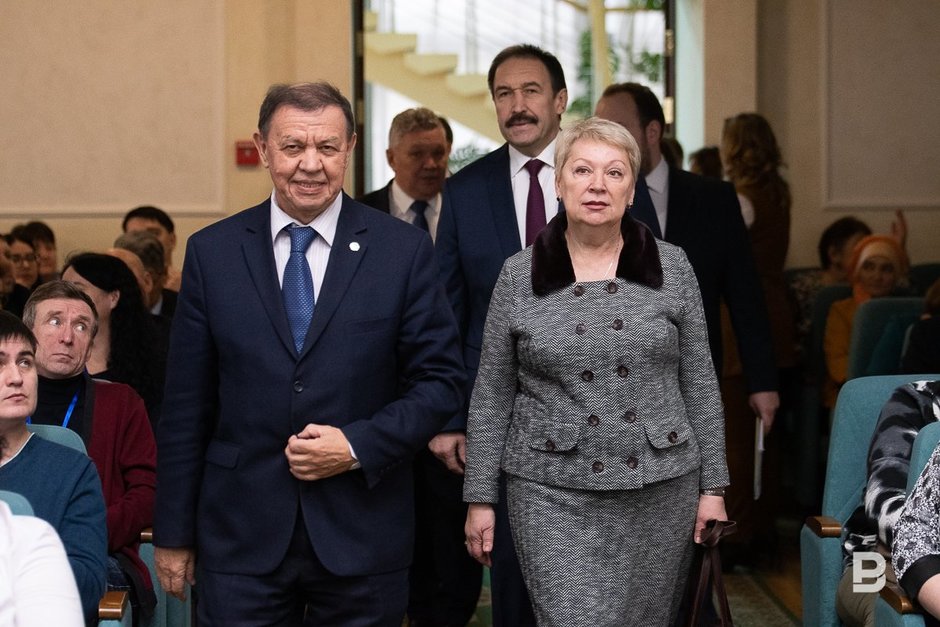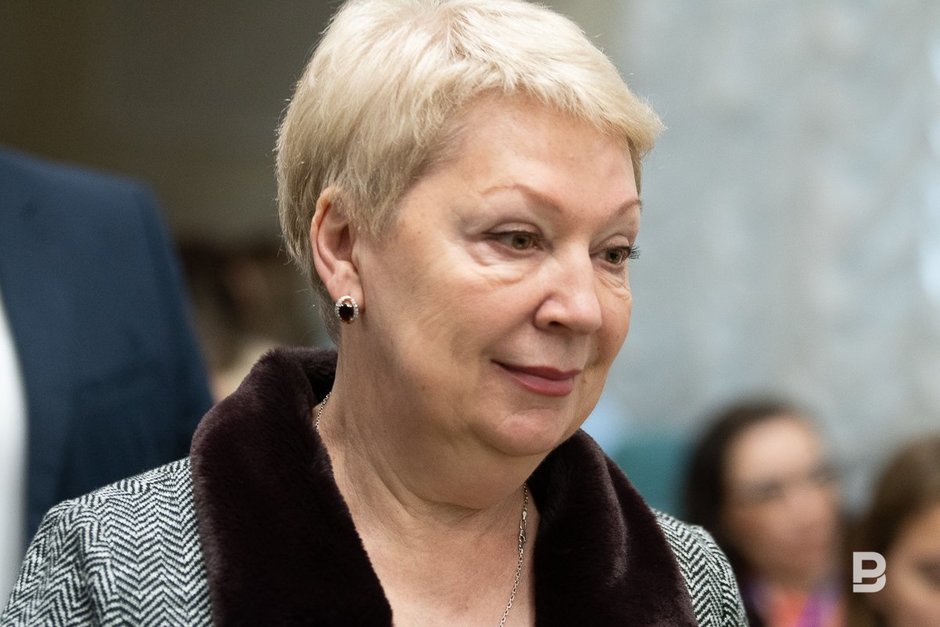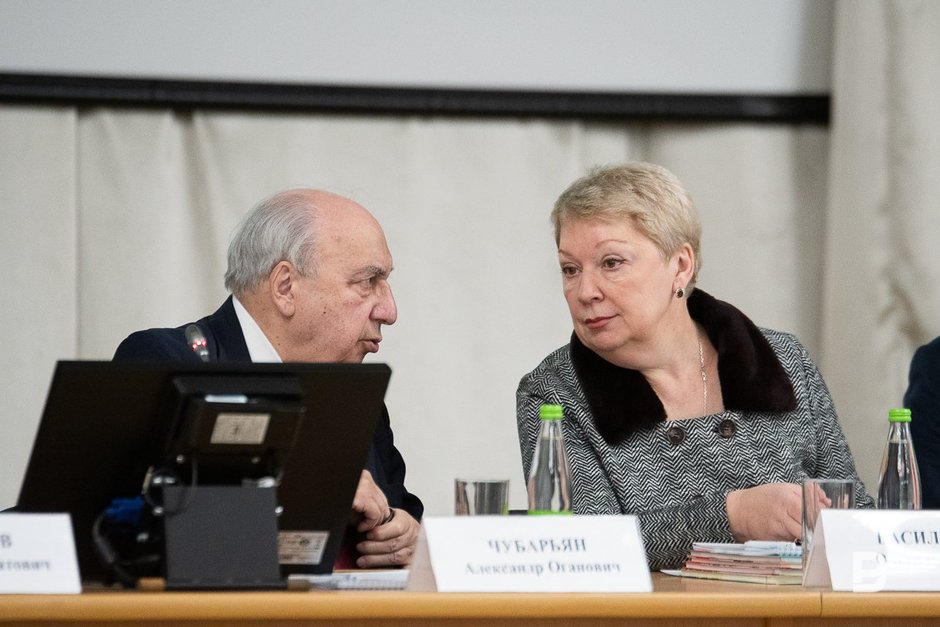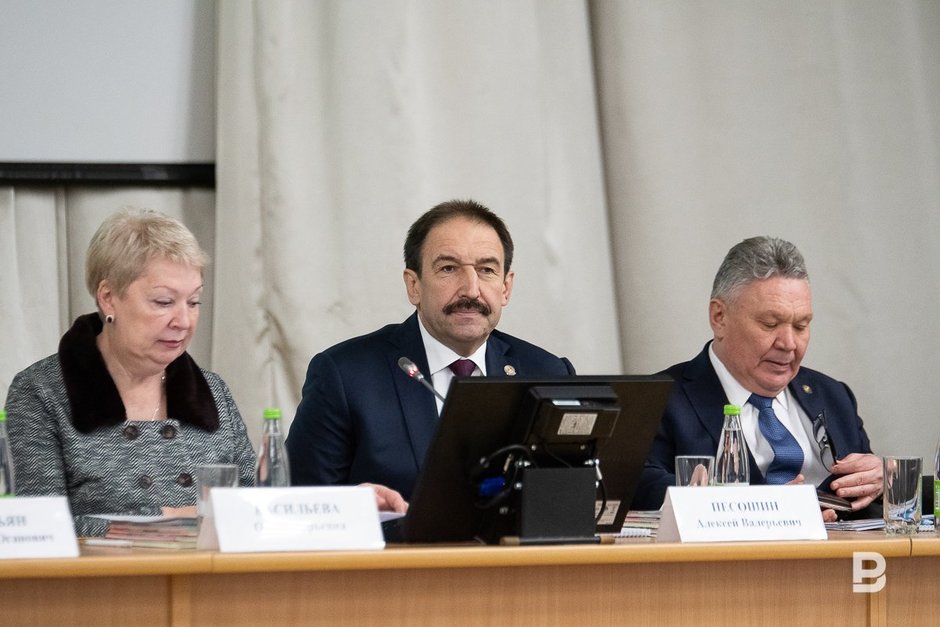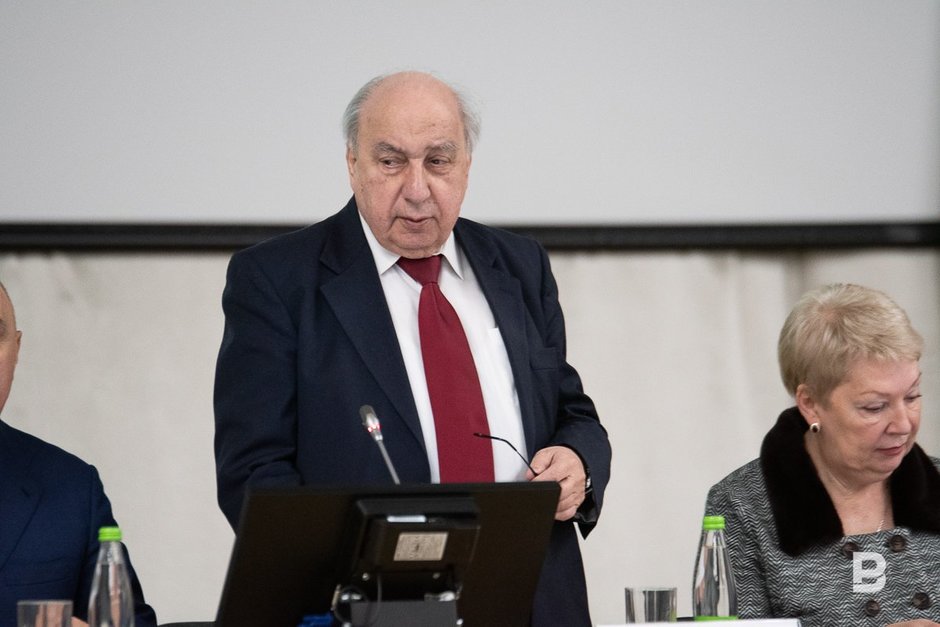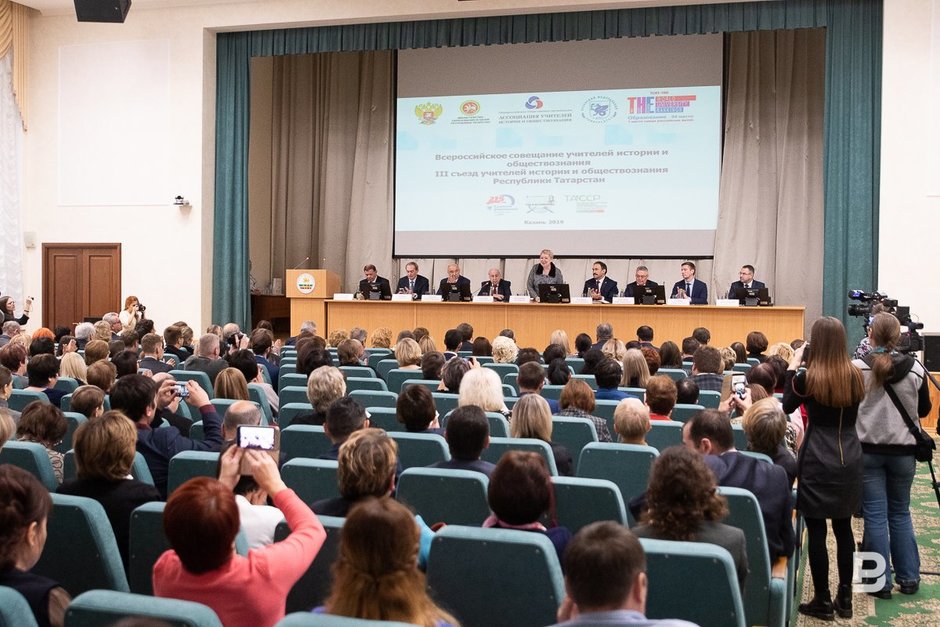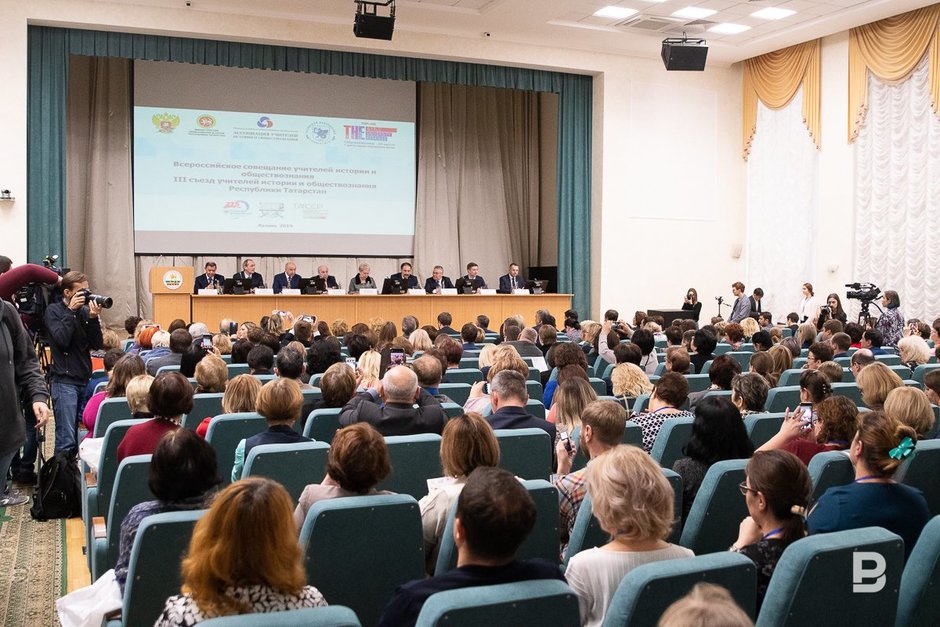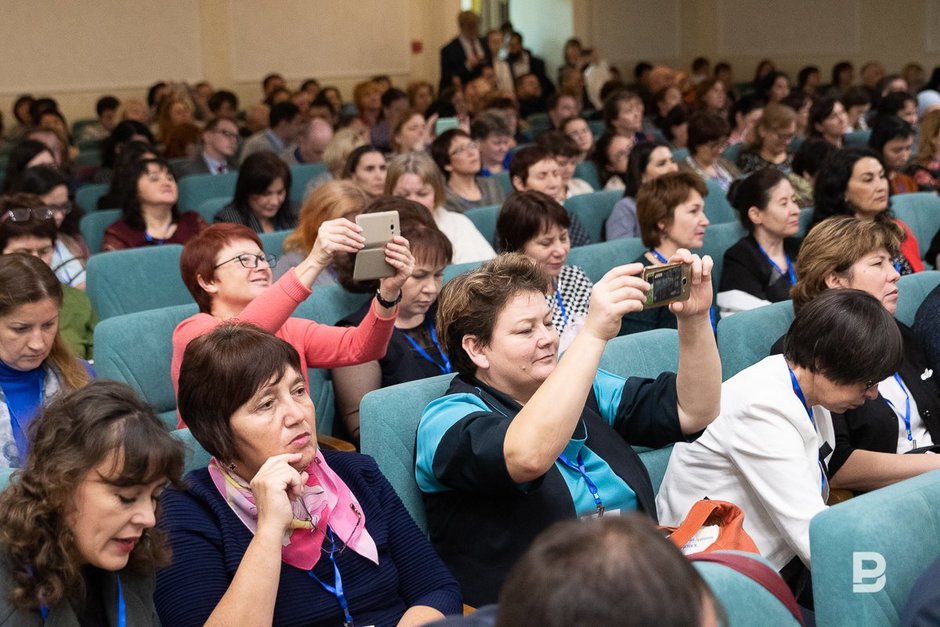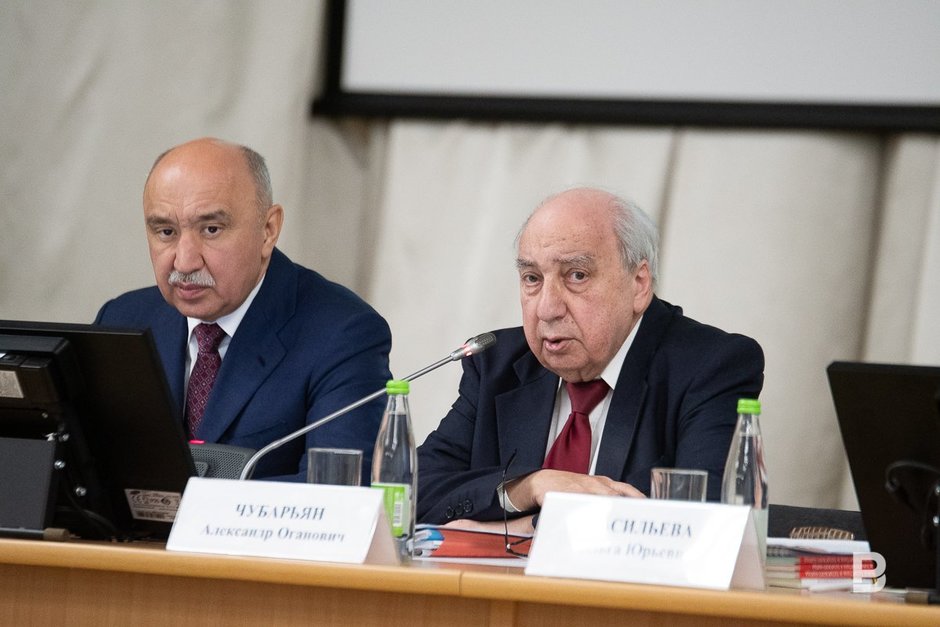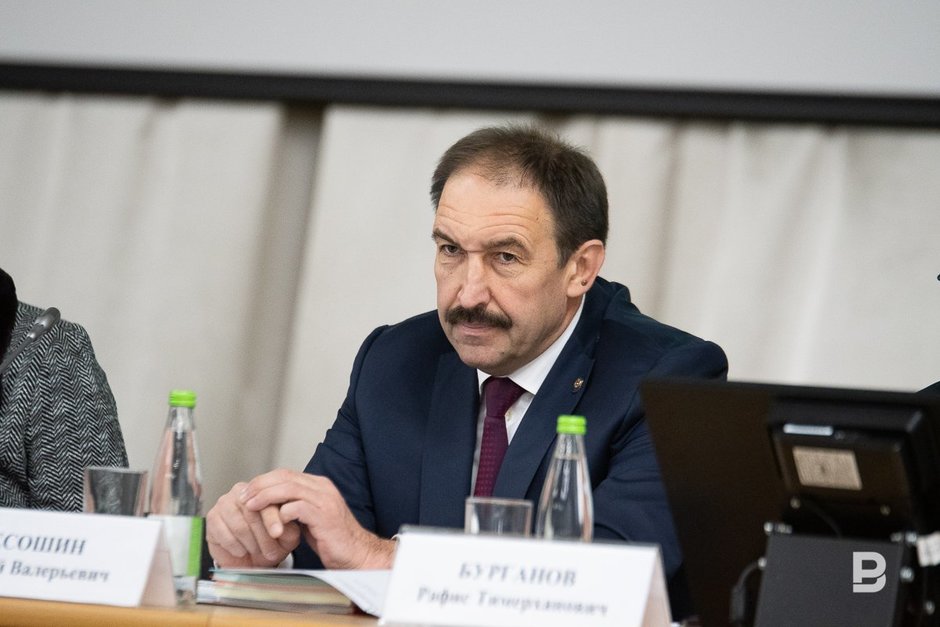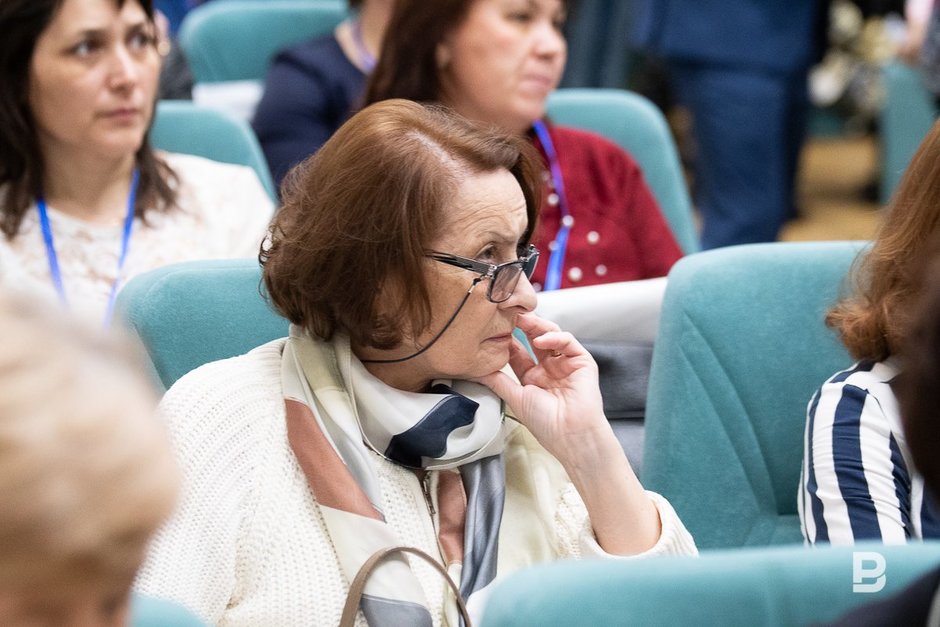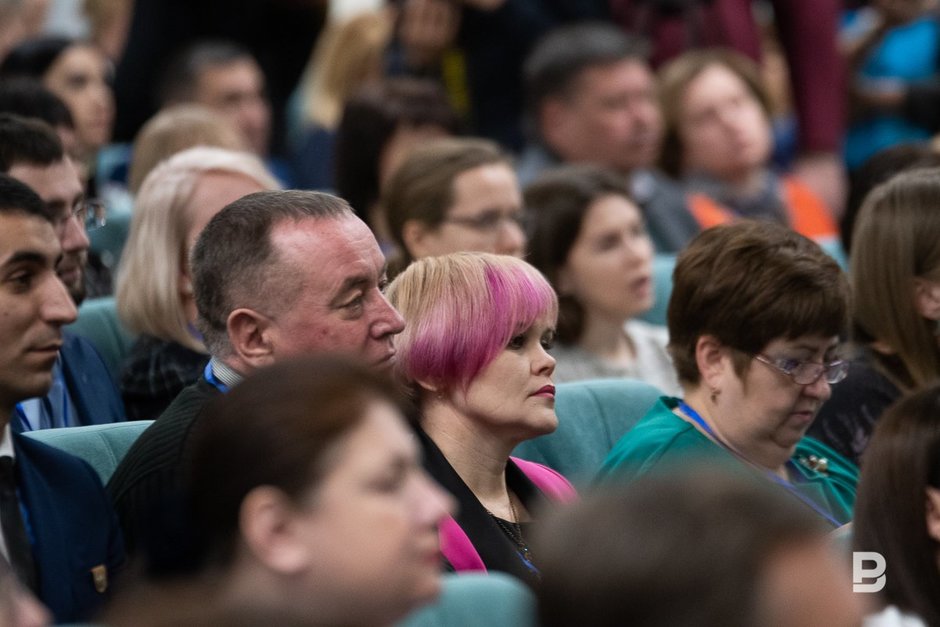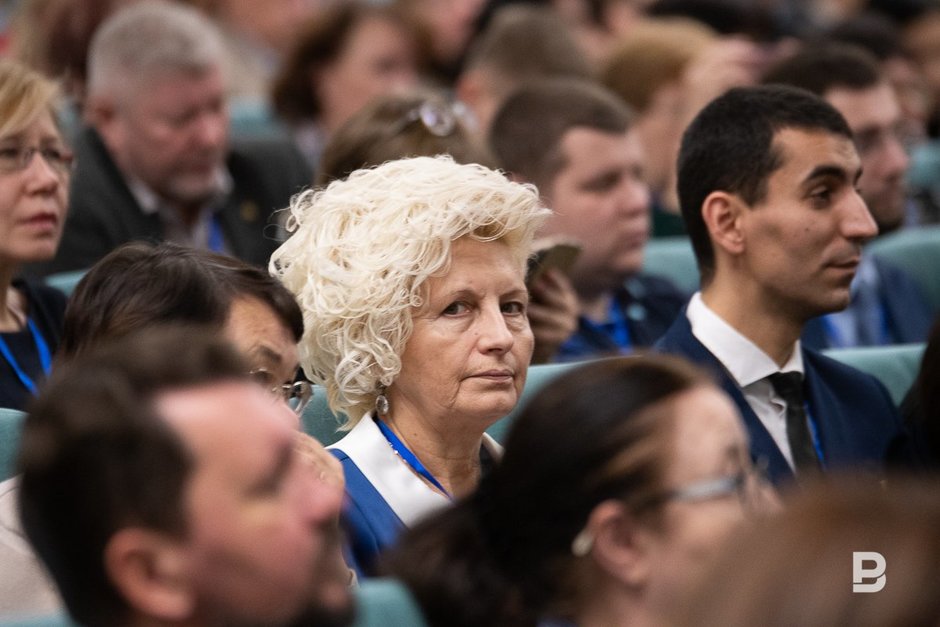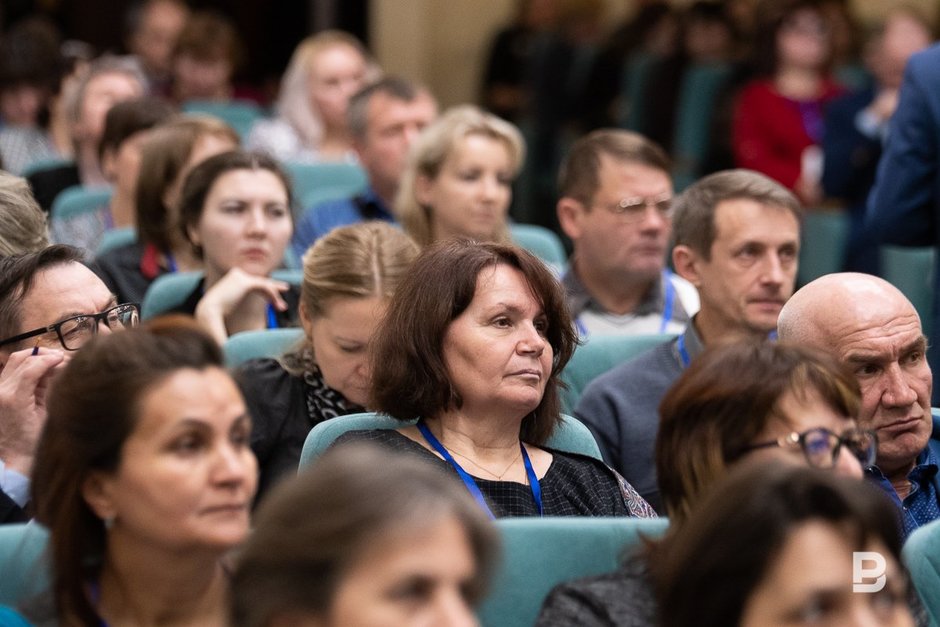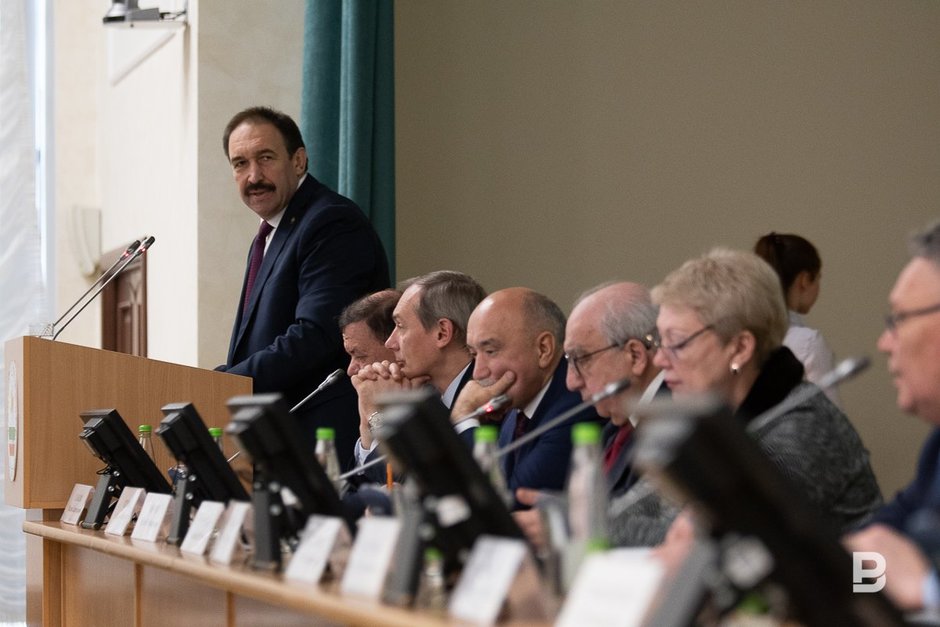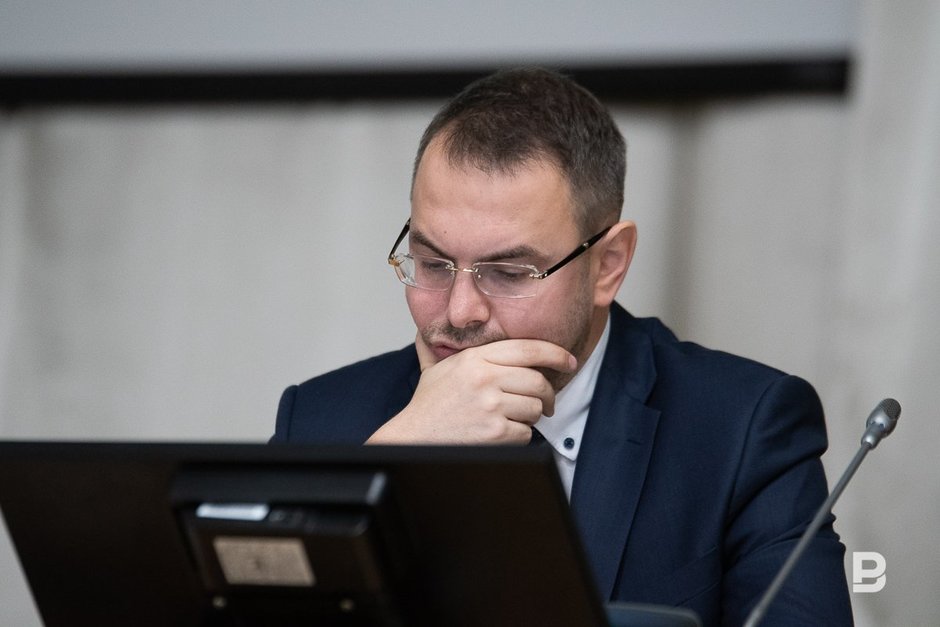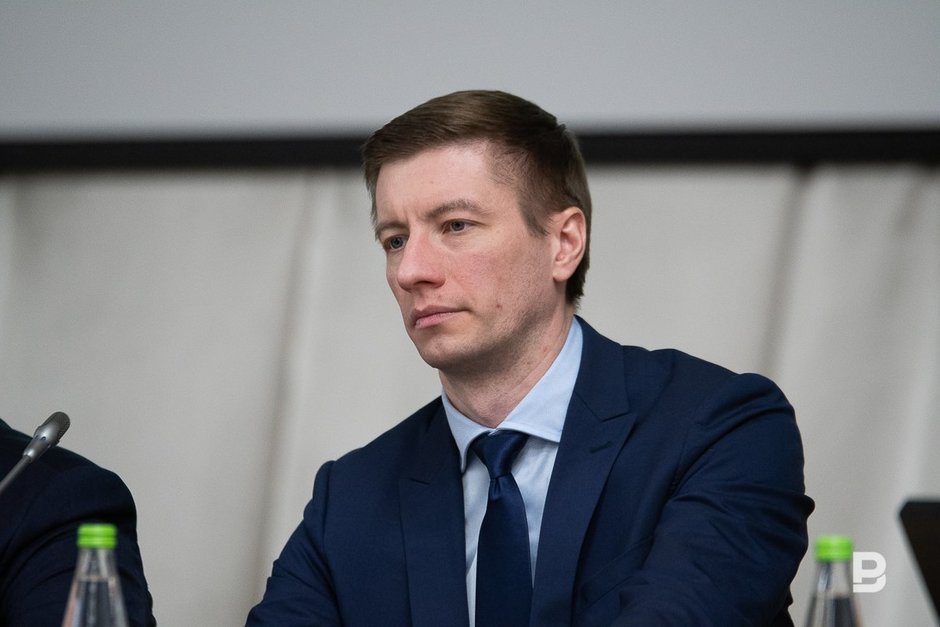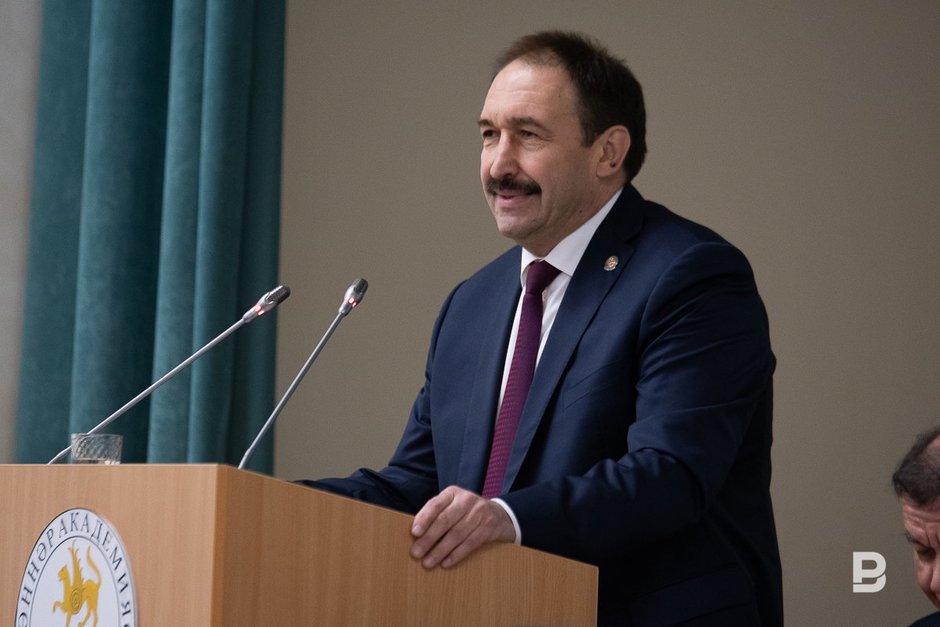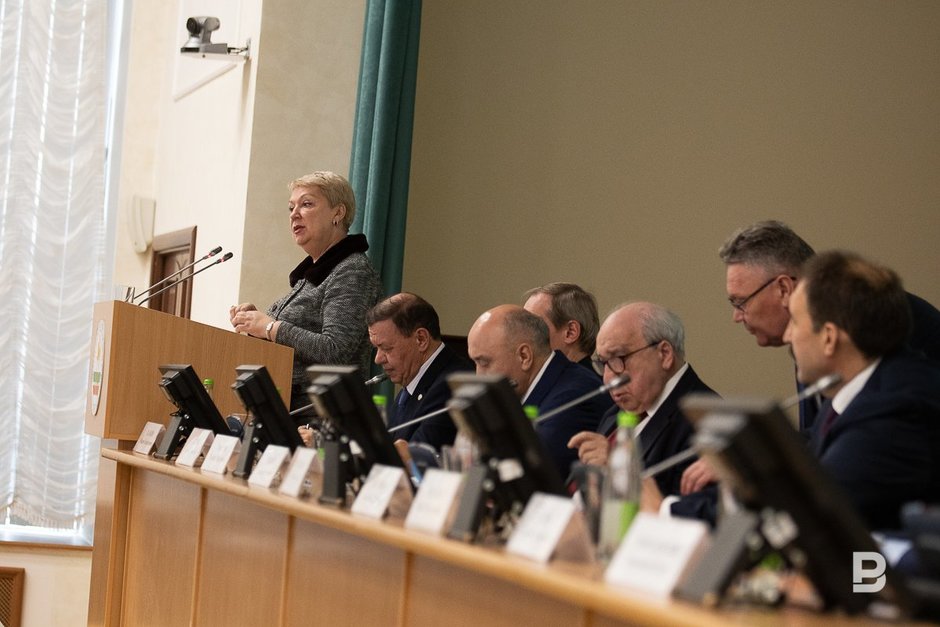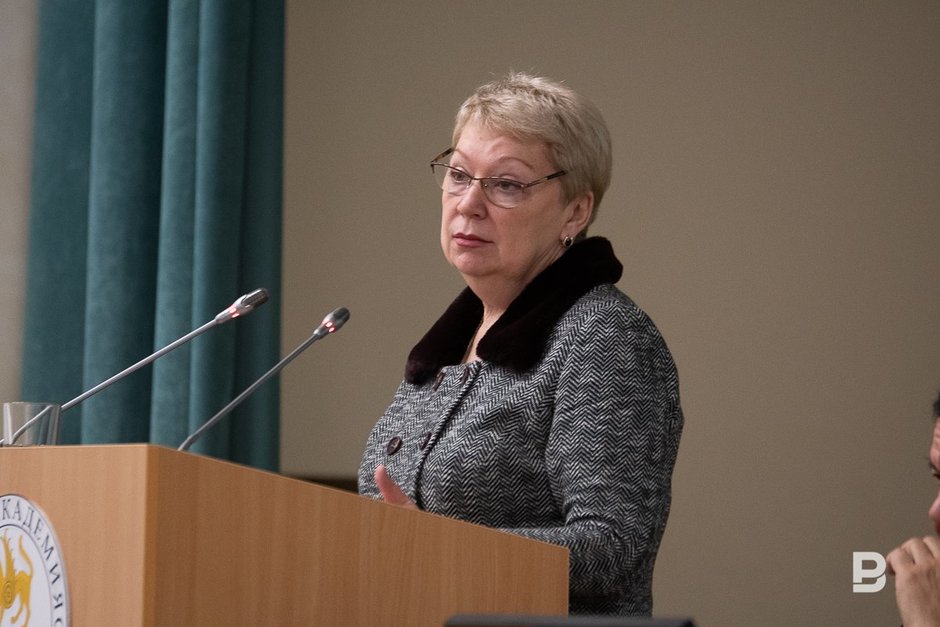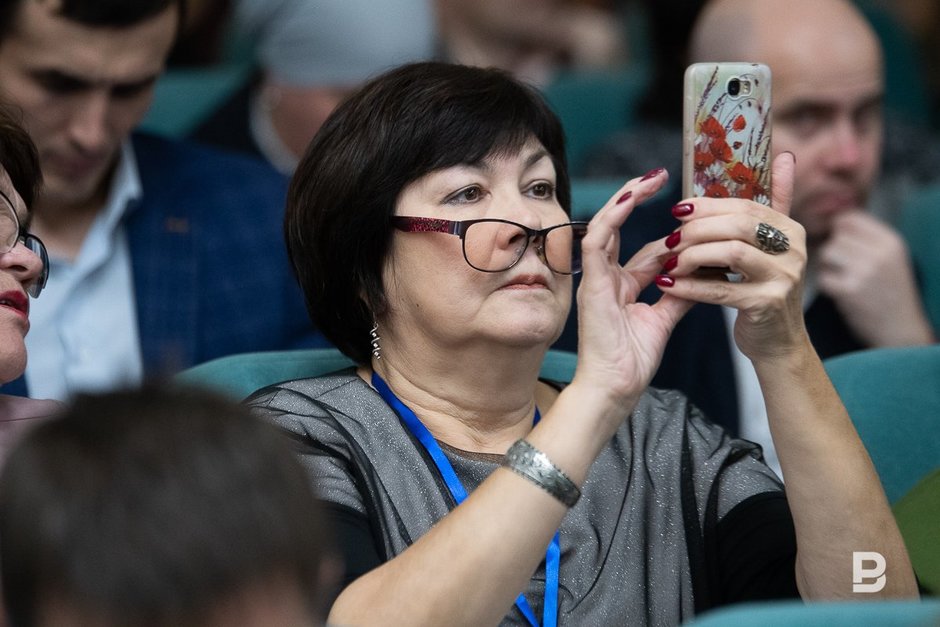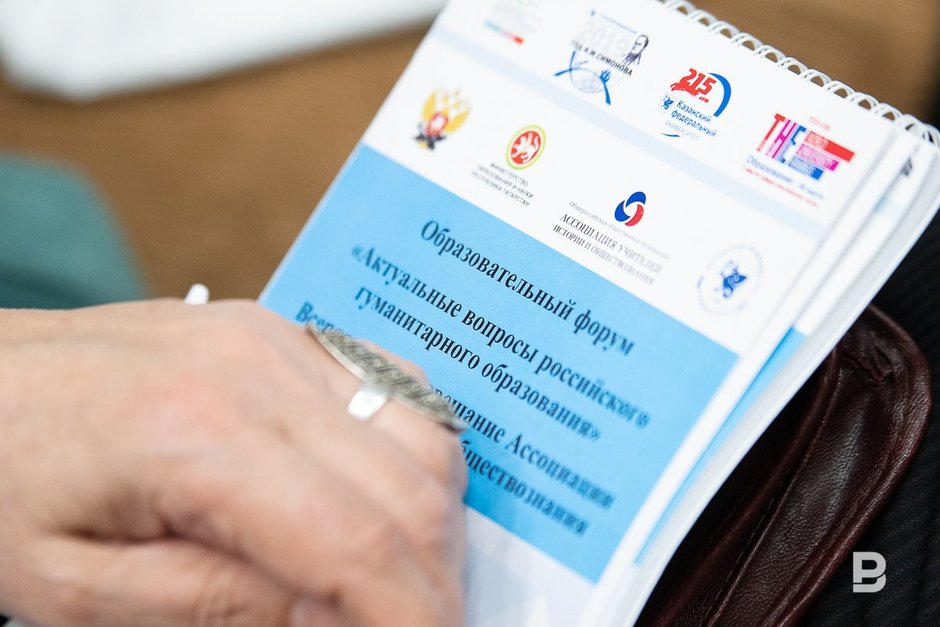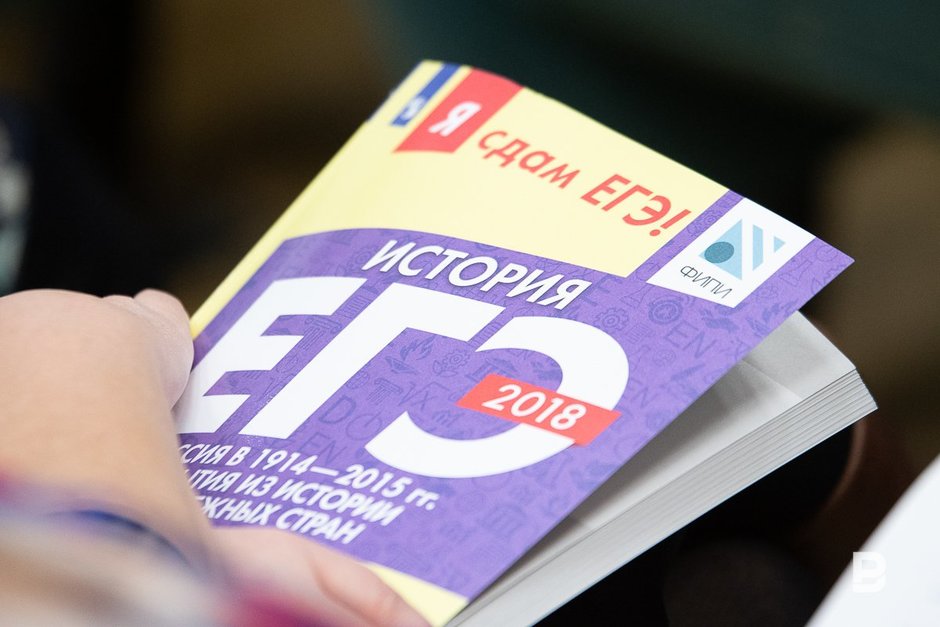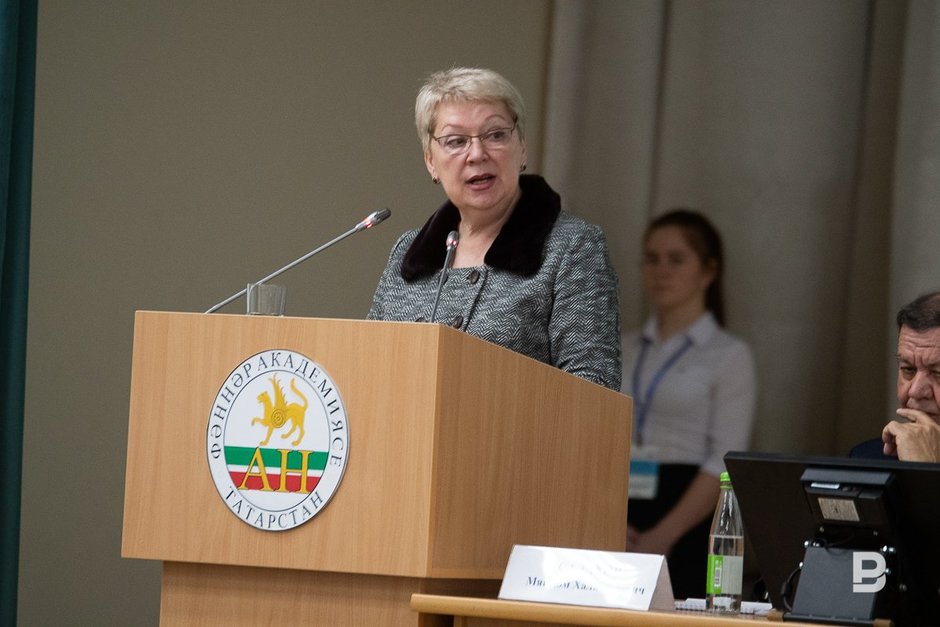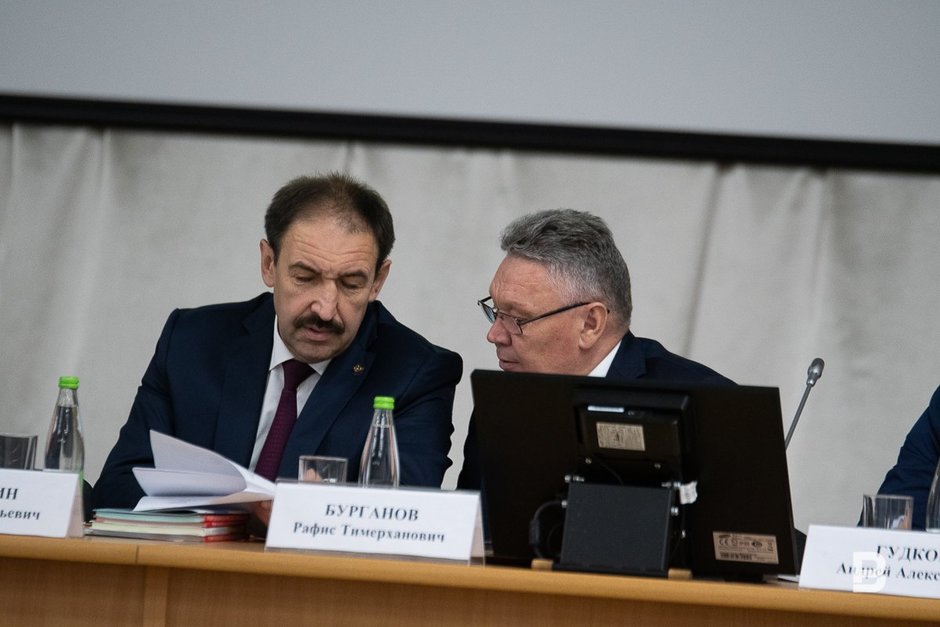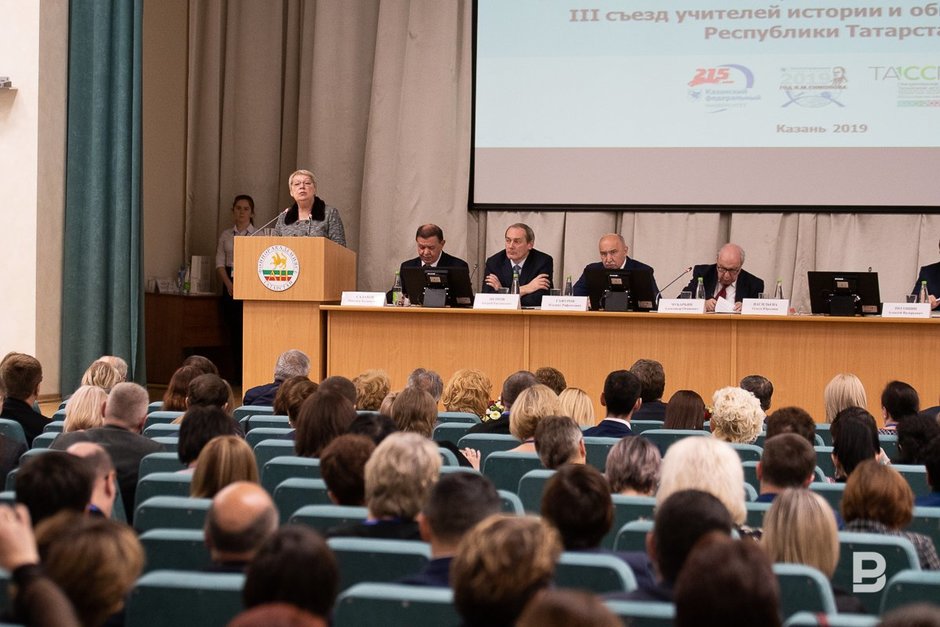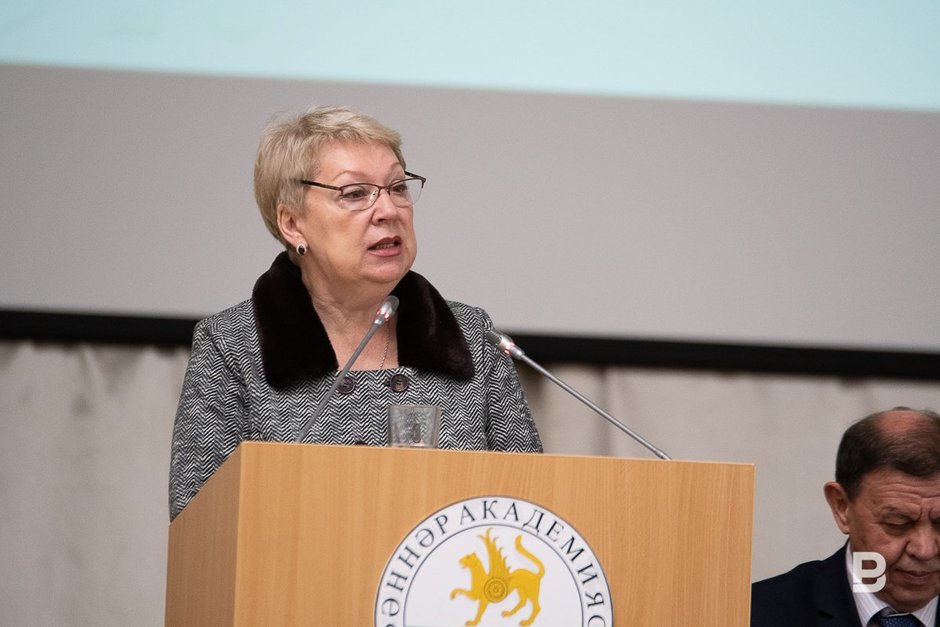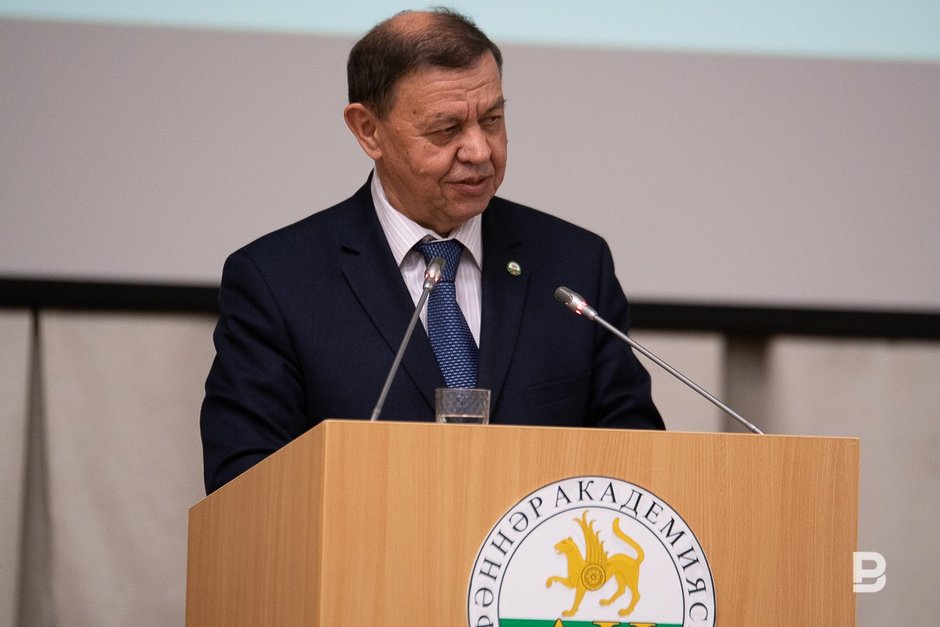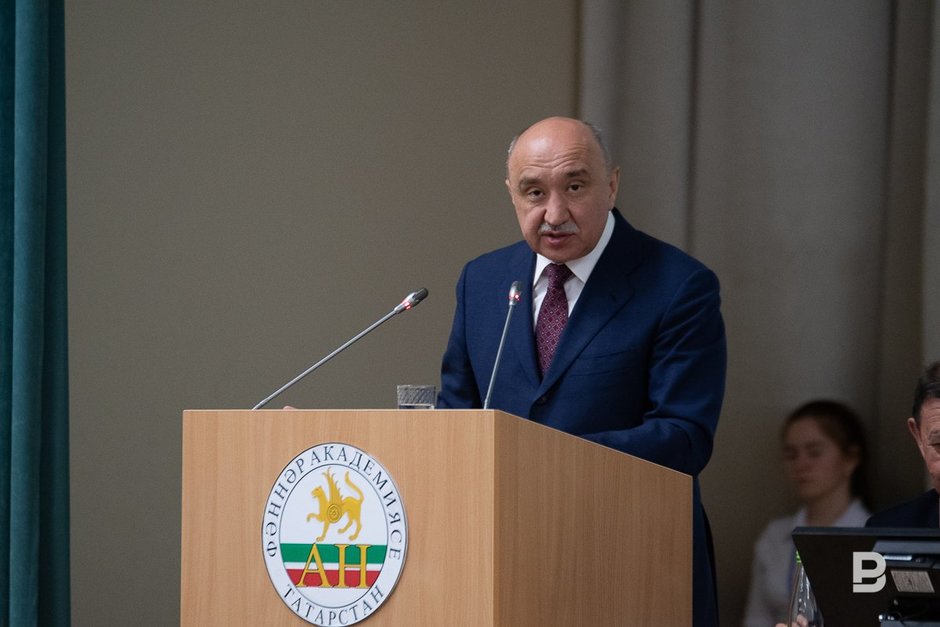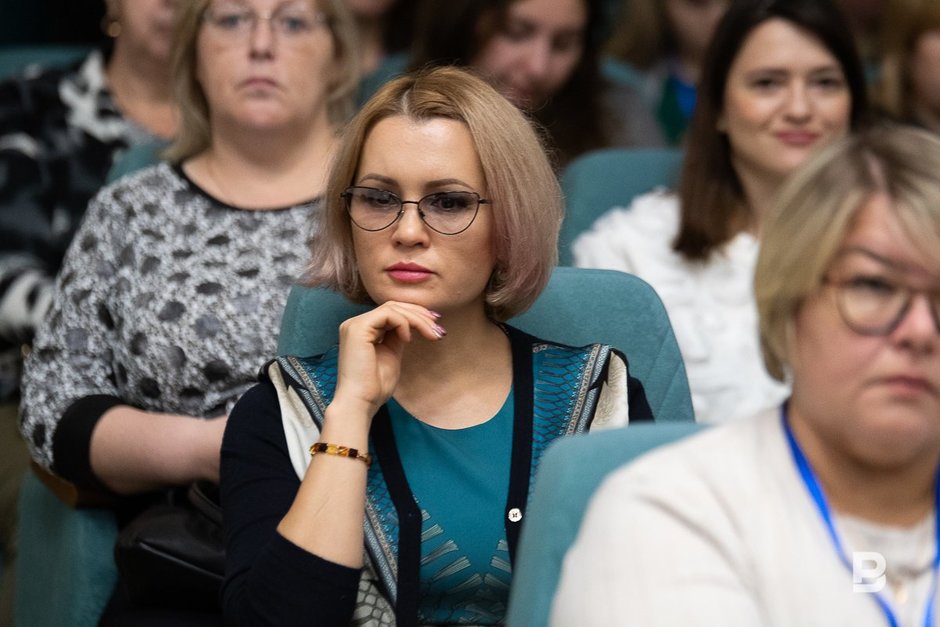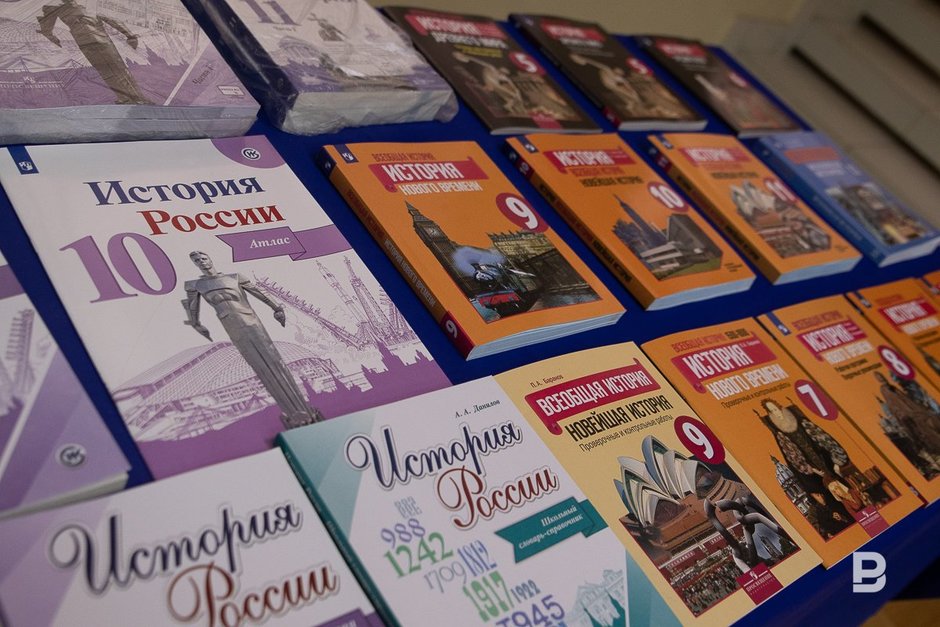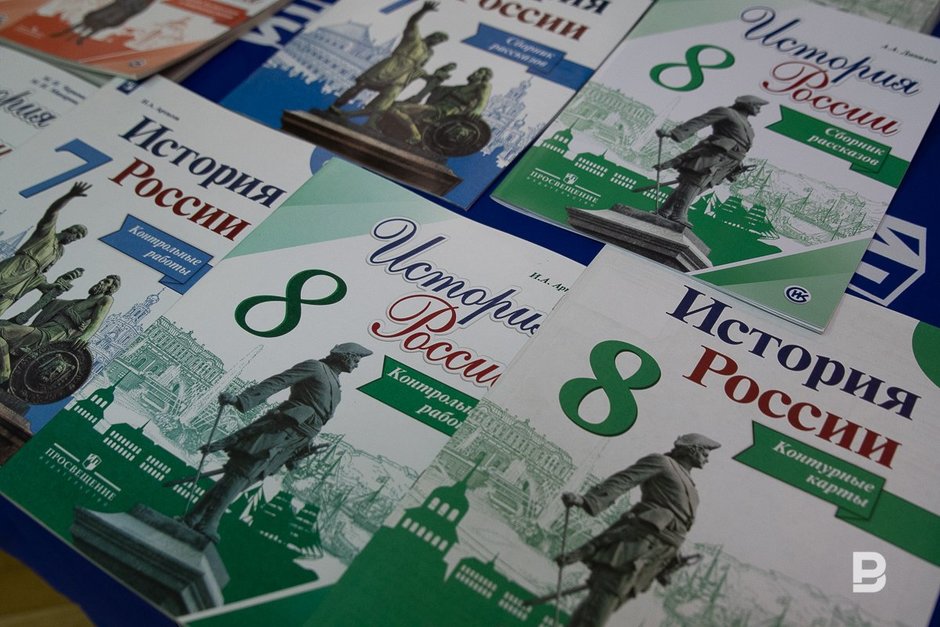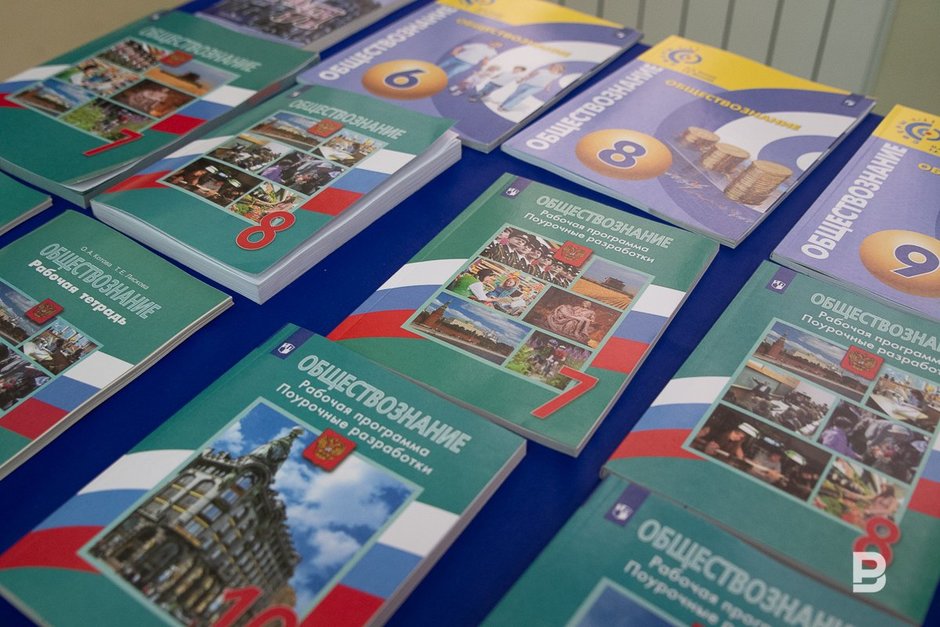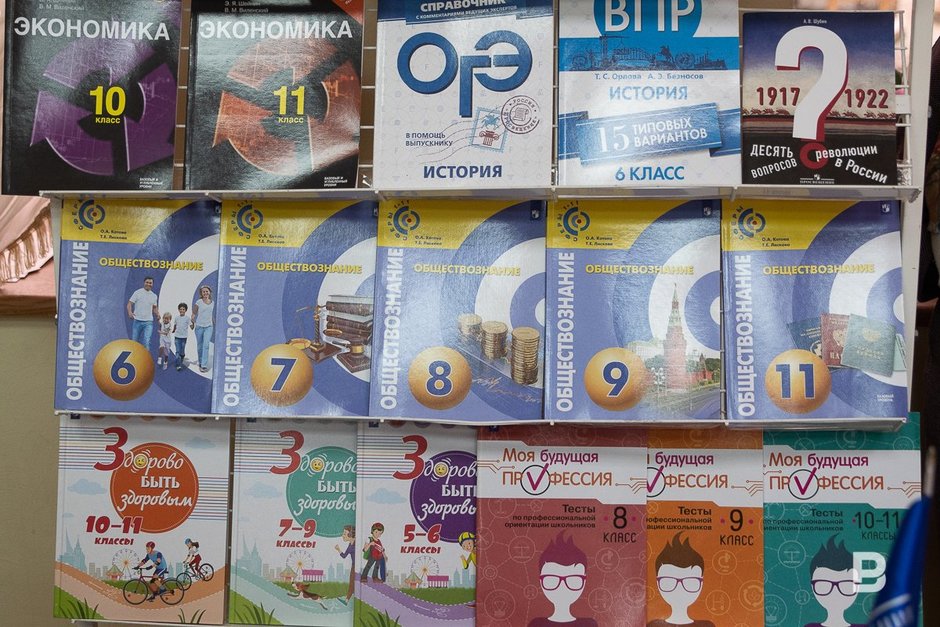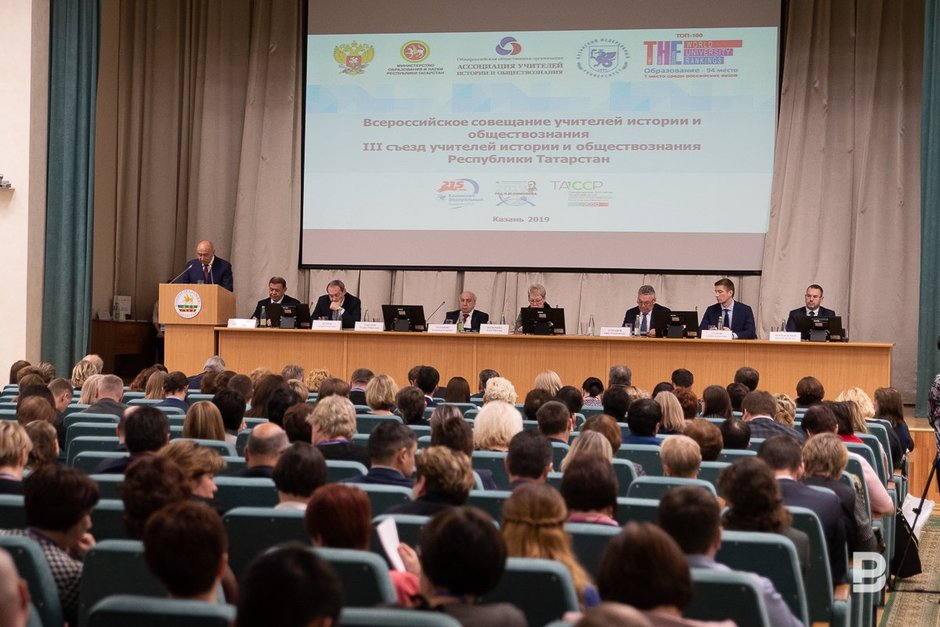Olga Vasilyeva about Great Stand on the Ugra River: “One shouldn’t confuse teaching with politics”
Topical Issues of Russian Humanitarian Education Forum in Kazan has urged not to politicize history
A plenary session of the forum Topical Issues of Russian Humanitarian Education took place on 19 November at the Tatarstan Academy of Sciences. The bulk of the guests were teachers of history and social studies from Tatarstan and other regions of Russia. The main speaker was Minister of Уducation of Russia Olga Vasilyeva — also a historian. It is no wonder that with such a composition of participants, almost all the discussions concerned the issues of school teaching of historical science. Read the details in the material of Realnoe Vremya.
History teacher is number one in school
Speaking about the special importance of teaching history at school, Olga Vasilyeva expressed the opinion that history and literature are number one disciplines that form the personality, and the community of teachers of history and social studies is the most influential teaching community.
“It’s clear if you look at the results of the competitions Teacher of the Year. Most often, it is history teachers who become winners. Only this year has become an exception,” Vasilyeva reminded.
Alexander Chubaryan, the chairperson of the Russian Association of Teachers of History and Social Studies, also agreed with the minister.
“History is one of the main school subjects, along with literature and the Russian language. They form an identity, influence the formation of the worldview of the younger generation,” he believes.
Controversial 20th century
At the same time, teaching of history at school is an issue that usually causes heated debates in society. This is not surprising because everyone has their own established view of a particular historical event, its assessment. The recent past, the memories of which are still fresh in the minds of many of us, is particularly controversial. It is about the history of the 20th century, especially the second half, as well as the results and assessments of the events of the Second World War.
According to Vasilyeva, during a wide public discussion of the concept of teaching history, they reached a certain agreement on these issues, but attempts to revise the results of Russian history, undertaken from the outside for several decades, continue.
“There are a lot of those wishing to get into the Russian school, to hold various competitions dedicated to the history of the second half of the 20th century, to give a lot of money, to do everything possible to distort historical memory,” said Olga Vasilyeva. “In this case, we and you are obliged to confront what is happening because it is connected with the education of our citizen, who will rule the country tomorrow.”
They are trying to revise the results of the war
The point was confirmed by Alexander Chubaryan. According to him, not everyone recognizes today the fact that the Soviet army liberated Eastern Europe from fascism in a number of countries. They say it was not liberation but only the replacement of the German occupation by the Soviet one. Olga Vasilyeva answered this by giving an example.
“When I once again see attempts to distort history, in my speeches before young people I give an extract from one letter,” the minister told. “It was written in May 1944 by Ilya Eidelman, who went to the front as a first-year student of a philological department, to his favorite young girl. His words are well understood by the representatives of today's youth because their peer wrote it: “Now we are walking in Romania. We are generous. We are carefully passing through the fields, trying not to trample the crops. We do not touch the flowering orchards and vineyards. Seeing such a turn of affairs, the locals, intimidated by the Germans, say about us that it is not the Bolsheviks: the Bolsheviks are somewhere behind…”
Reminding about the atrocities
According to Vasilyeva, today we need to talk every day about the price and the results of the Victory, the 75th anniversary of which will be celebrated next year. For example, about the number of deaths, as well as the atrocities that the inhabitants of our country suffered from the Nazis.
“Another story I tell young people in meetings. Yeysk, a small town of Rostov Oblast, October 9-10, 1942. Two hundred and fifty disabled children from Simferopol were evacuated to the orphanage here. The SS Sonderkommando killed these children — 112 boys and 102 girls between the ages of 4 and 9. One boy managed to escape, later he writes a book about it. Children were killed in gas chambers and buried in graves near the flowering gardens of Yeysk. When in 1943 the burial was exhumed, they wrote the following: “...with distorted with horror and torment faces; some died embracing because they buried them half-dead...,” said Olga Vasilyeva. “Today we talk a lot about the introduction of new approaches to the teaching of history. I agree with the teachers who suggest using the 11th grade for a more detailed story about the historical events of the second half of the 20th century, about modern Russia. I think this approach will help us to elaborate on the results and lessons of the Second World War and, above all, its most important part — the Great Patriotic War. Big politics is inextricably linked with the history of the 20th century. Here it is appropriate to recall the words of Makarevich: “One shouldn’t bend under the changing world.”
Great Stand on the Ugra River: do not mingle teaching and politics
Olga Vasilyeva reminded this quote from the song of Mashina Vremeni again when answering the question of Realnoe Vremya about his personal position on the proposal of Governor of Kaluga Oblast Anatoly Artamonov more widely celebrate the anniversary of Great Stand on the Ugra River (the confrontation of the troops of Ivan III and the Tartar Khan Ahmad in 1480, marked the final fall of the Golden Horde's Yoke). This proposal caused a wide public response and criticism from the authorities of Tatarstan. According to Vasilyeva, in this situation, it is impossible to mix politics with teaching.
“The work of teaching, working with children is very subtle and deep work. Let's separate history from politics. “Bending under the changing world” is not necessary. You have to do the work you serve, the work you believe in. And children should not be held hostage to political differences, the desire, as they say, to hype,” said Vasilyeva.
Mandatory exam in history in 2022 to be introduced in a pilot mode
After finishing the main part of the plenary session, Olga Vasilyeva began to answer questions received from teachers during the speeches of the speakers.
One of them concerned the prospects of introducing the mandatory exam in history for graduates of the 11th grades.
“I'm often asked that. In 2020, we will conduct a mandatory exam in a foreign language in several regions in a pilot mode. I think in 2022 we will have the opportunity to do the same with regard to history,” the minister explained. “It is the expectation of time. People who come to Russia for work, migrants, must pass exams in the Russian language and Russian history. So why shouldn’t people who live in Russia know the history of their country?”
But on the question of teachers' salaries, the head of the ministry of education answered more evasively.
“I understand that the problem of wages is one of the main ones. It is slowly developing. It is necessary to reach that 70% of the salary was the basic part and only 30% — stimulating. The task of raising salaries is one of the main, if not the most important task of our ministry,” said Olga Vasilyeva.
